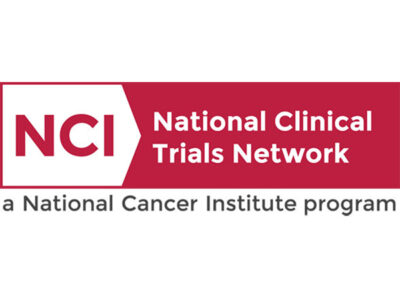The FDA Oncology Center of Excellence announced a pilot program to help physicians get access to unapproved therapies for patients with cancer.
Otis Webb Brawley was named recipient of the 2019 AMA Distinguished Service Award by the American Medical Association board of trustees.
NCI has renewed Roswell Park Comprehensive Cancer Center's status as one of 50 Comprehensive Cancer Centers and awarded a $22.5 million Cancer Center Support Grant to fund core research and education programs.
NCI is formulating a plan to develop an innovative childhood cancer initiative focused on data sharing. The plan would be initiated with a proposed increase to NCI's budget of $50 million beginning in fiscal year 2020 and continuing, as proposed by the White House, for a total of 10 years.
The American Cancer Society and Ovarian Cancer Research Alliance partnered to fund multidisciplinary research projects to explore new ways of detecting, treating, and preventing ovarian cancer relapse and for improving quality of life among those diagnosed with ovarian cancer.
The Association of Community Cancer Centers and AstraZeneca announced a collaboration to support a national quality care initiative for patients with stage III and stage IV NSCLC.
Krista Nelson was awarded the Association of Oncology Social Work's 2019 Leadership in Oncology Social Work Award.
The National Clinical Trials Network has received a $20 million funding increase from NCI in the latest awards cycle—from $151 million to $171 million.
Emory University has terminated two NIH-funded faculty members at the Department of Genetics for failing to disclose foreign sources of funding and the extent of their involvement with institutions in People's Republic of China.
With episode four of the series, we moved even further from reality than in prior episodes.









